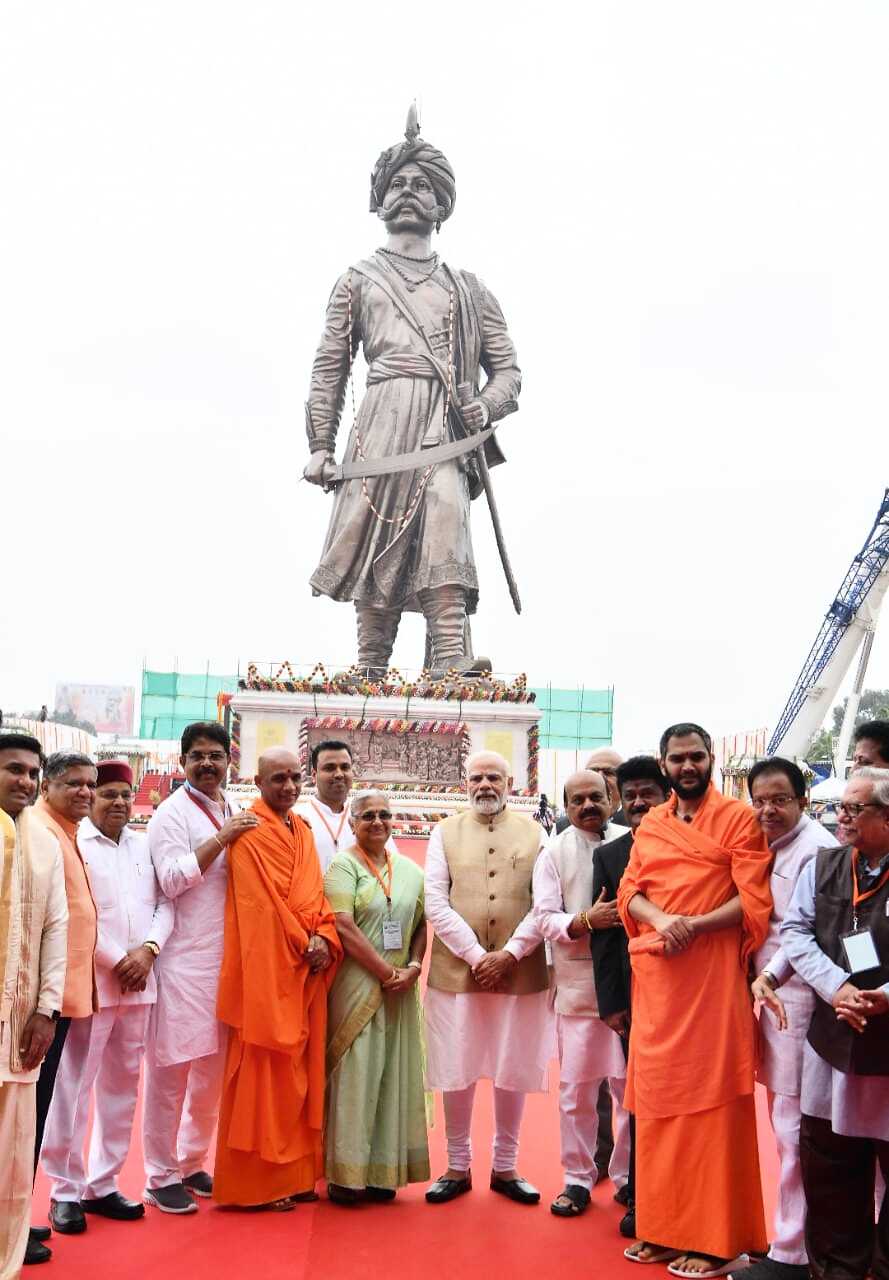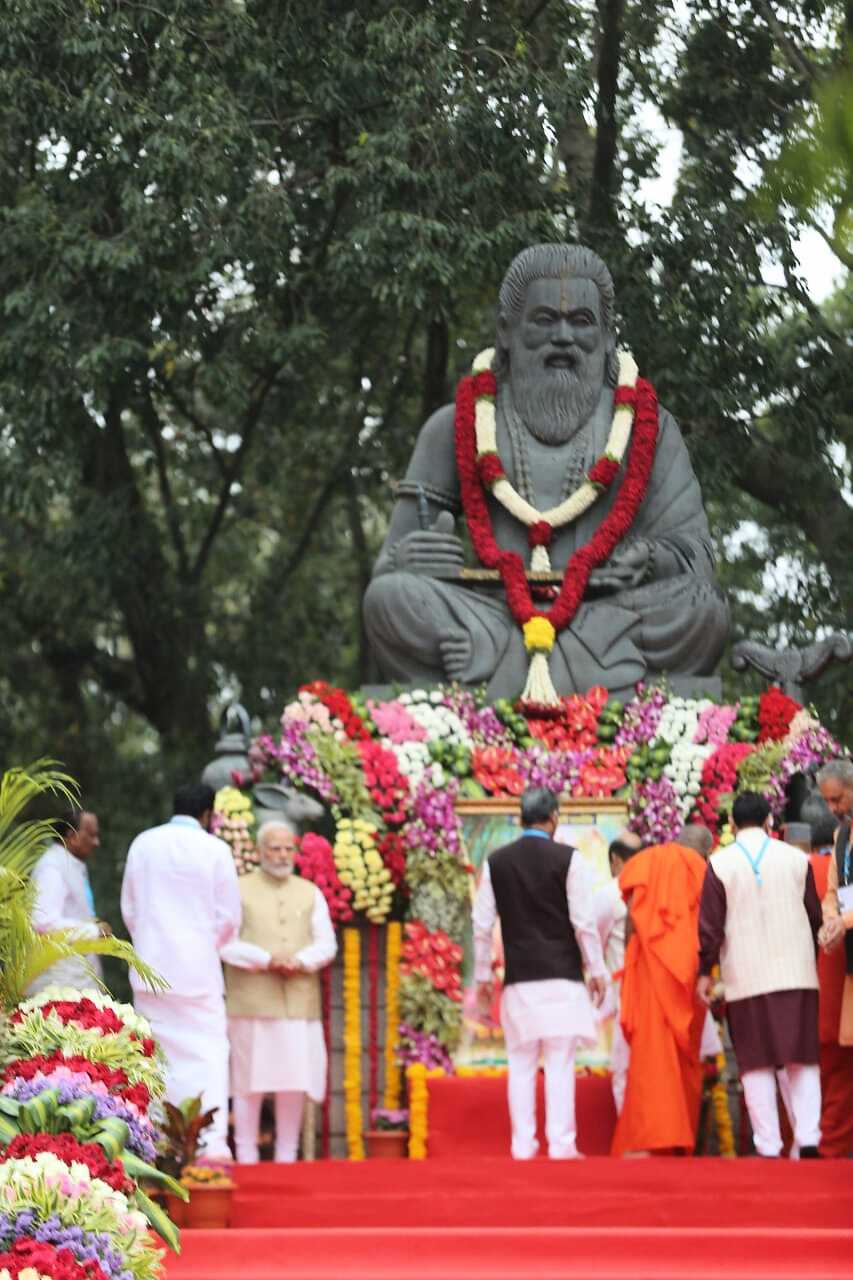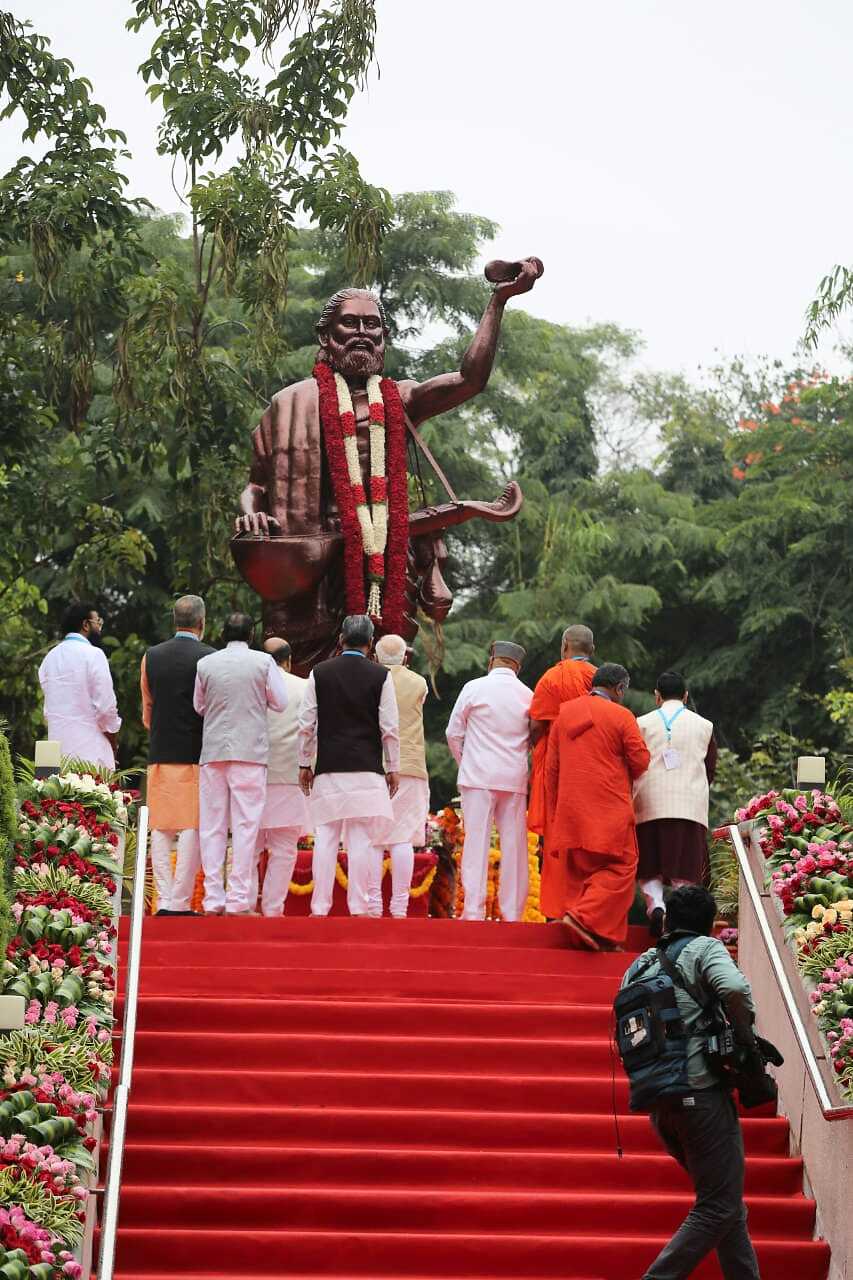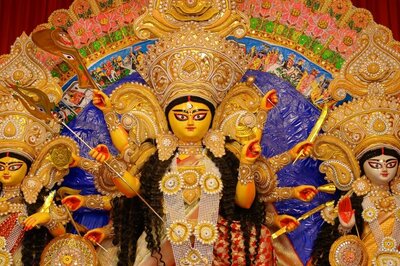
views
If statues can make a strong political statement, then Karnataka politicians are surely using them to their advantage.
Chief minister Basavaraj Bommai will be unveiling the statue of freedom hero Kedambadi Ramayya Gowda at Bavutagudde in Mangaluru on November 19 amidst the clamour of Congress leaders to install a likeness of the 18th-century Mysuru ruler Tipu Sultan, who they claim was also a “freedom fighter” who died fighting the British.
Kedambadi Ramayya Gowda is said to have led the first revolution against the British in 1837, even before the famous Revolt of 1857.
The Amara Sullia Uprising, also known as the Kodagu-Canara Mutiny, sprung out of Gowda’s step to oppose the payment of tax in cash to the British. He began a tour across the region to motivate and garner support from other Indian rulers to join his rebellion against the colonisers.
This revolt broke out in 1830-31 around the southern coastal belt of Karnataka and reached the stage of a war in 1837 between Gowda’s army and the British. Gowda’s army successfully defeated the colonisers and they lowered the British flag to hoist the Kodagu Haleri dynasty’s flag in Bavutagudda on April 5, 1837.
Mangaluru South MLA Vedavyas Kamath said it was important to highlight Kedambadi Ramayya Gowda’s contribution.
“It has been made by sculptors in Vijayawada, Andhra Pradesh, and the inauguration of the statue of this great freedom fighter, who led the first major uprising against the British will be a grand affair,” said Kamath, who also mentioned that the event has been timed along with the national celebrations of the Azadi Ka Amrit Mahotsav.
On November 11, Prime Minister Narendra Modi unveiled the ‘Statue of Prosperity’, a 108-feet bronze figure of Nadaprabhu Kempegowda who founded Bengaluru. This appropriation of Kempegowda comes in the backdrop of the BJP’s stand against Tipu Sultan whom the party has termed “anti-Hindu” and a “tyrant”.
Raising the flag against the BJP’s sustained attacks on Tipu, the Congress has maintained that he was also a freedom fighter and is remembered for many technological and administrative innovations during his rule over the Mysore State. The BJP has been “maligning and distorting” the history of the eighteenth-century ruler for “political purposes’’, the Congress says.
To counter the BJP’s move, Mysuru Congress MLA Tanveer Sait has announced that he will erect a 100-feet statue of Tipu to highlight the contributions of the ‘Tiger of Mysore’.
BJP’s Mysuru-Kodagu MP Pratap Simha maintains that Tipu is neither the Tiger of Mysore nor a sultan.
“He never fought a war in his life but only commissioned his army to do so. He died inside a fort and his biggest and most cruel contribution has been forced religious conversions and barbaric atrocities against the Hindus,” he said.
However, it should be noted that the recent spate of unveiling statues is also being viewed through the political prism as a strategic move to woo and appease different communities towards the BJP, especially at a time when Karnataka is heading towards elections.
The unveiling of the statue of Kempegowda who was a Vokkaliga leader is seen as BJP’s strategic move to woo the community which has largely supported the Deve Gowda-led Janata Dal (S) and the Congress. Garlanding the statues of the poet-saint Kanakadasa and Maharishi Valmiki, both highly revered in Karnataka especially amongst the Kuruba (OBC) and Valmiki (ST) communities, is another nod of support towards these communities which the BJP has been trying hard to woo.



Interestingly, the Bommai government recently announced the implementation of the Justice Nagamohan Das Committee report which hiked the reservation for Scheduled Castes from 15 to 17 per cent and for Scheduled Tribes from 3 to 7 per cent. The Valmiki community will mainly benefit from this move.
The BJP continues to try and garner support amongst the Kurubas, a community that former Congress chief minister Siddaramaiah belongs to. Siddaramaiah is known to be the undisputed leader of the AHINDA community. AHINDA is a Kannada political acronym, which stands for Alpasankhyataru or Minorities, Hindulidavaru or Backward Classes, and Dalitaru or Dalits.
If the BJP manages to gain the support of the group, it will play a key role in the victory of the party in its concerted effort to regain political control over Karnataka.
Read all the Latest Politics News here




















Comments
0 comment